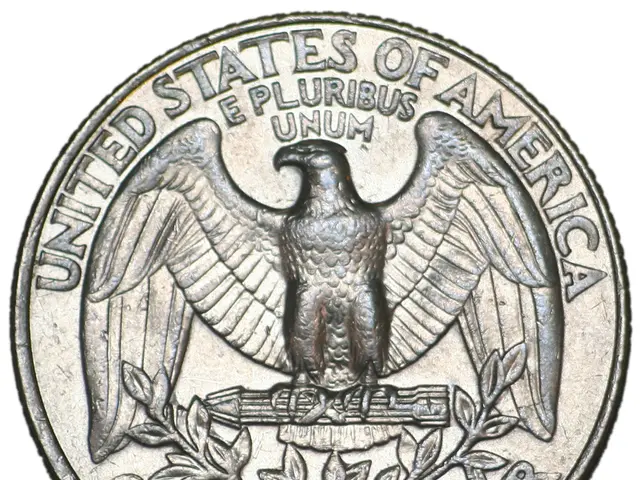Rising council taxes by as much as 9.99% may hit households; calculate your extra cost this fiscal year.
Going Gobsmacked with Council Tax Bills:
Brace yourself, folks! Most local authorities are planning to raise council tax this year, and some are even allowed to exceed the government's cap, with a whopping 80% raising bills by the maximum amount. Mark your calendar, as these hikes will take effect on April 1.
For the uninitiated, the council tax is the local tax collected by local authorities in the UK. Band D is the standard measure, and depending on which band your home falls into, and the rate set by your local authority, you may end up paying more or less than the average Band D bill of £2,280. Six local authorities will have their bills hike by more than the 4.99% cap, with Bradford residents seeing the biggest increase of around £170.
A greater number of councils than ever before have requested permission to raise bills beyond the 4.99% limit, with Deputy Prime Minister Angela Rayner stating that the government has agreed to only a "limited number of requests" to prevent councils from "falling further into financial distress." Despite this, the constant increases have left struggling households feeling the pinch.
According to research from the Resolution Foundation, the poorest fifth of households are spending a staggering 4.8% of their gross household income on council tax at the start of the decade, up from 2.9% in the early 2000s. That's almost as much as they pay in income tax.
Not only are council tax bills on the rise, but this April will also see an average increase of £111 on energy bills, and £123 on water bills.
Keeping Your Wallet Healthy:
Fear not! There are ways to combat these rising costs.
- Check Your Council Tax Band: Ensure that you're in the correct bracket, as a simple mistake could result in an overpayment, and possibly a large refund.
- Council Tax Discounts and Reductions: You may be eligible for a 25% discount if you're a lone user or a discount for certain disabilities. If you're on a low income or live with someone who is, you could qualify for a council tax reduction.
- Explore Your Local Council Website: To find out what you're eligible for, visit your local council's website. If you can't find what you need, don't hesitate to reach out to the council directly.
Recent changes in laws mean local authorities can now charge a council tax premium of up to 100% on second homes, as part of an effort to increase housing stock availability.
For detailed information about hikes in your area, head over to your local authority's website. Remember, a few good things in life may be free, but council tax isn't one of them!
- The turmoil in local taxation, with council tax hikes and additional bills, makes it important for businesses to reevaluate their personal-finance strategies, as these costs could impact their bottom line.
- Concurrent increases in council tax, energy bills, and water bills have raised concerns in the general-news and politics sectors, with discussions revolving around the financial burden on struggling households and potential government interventions.




